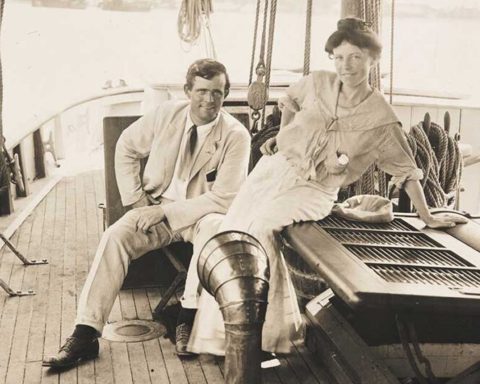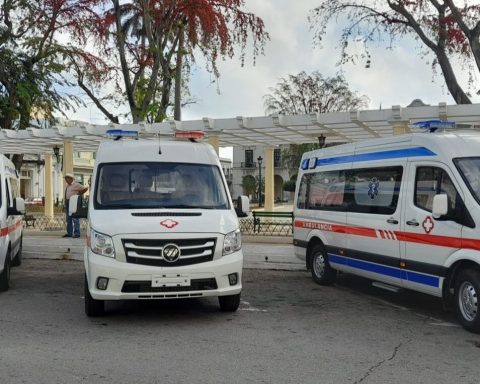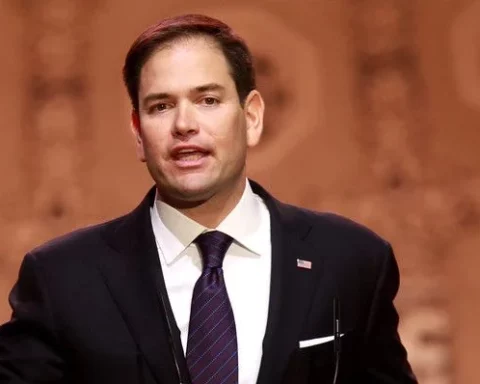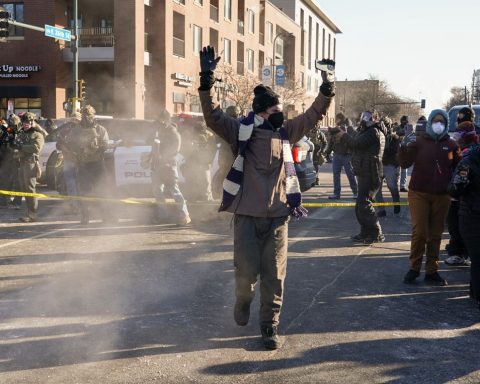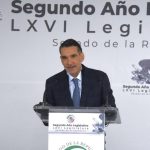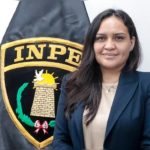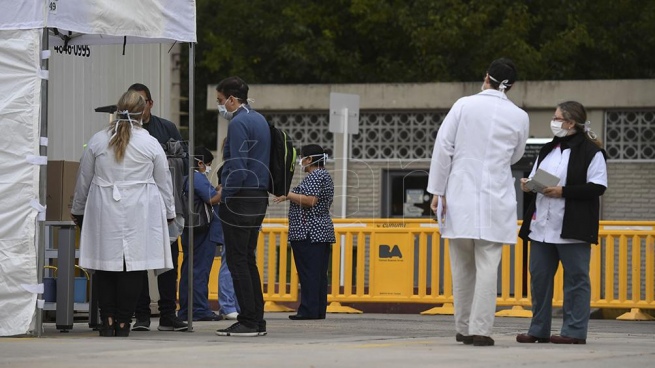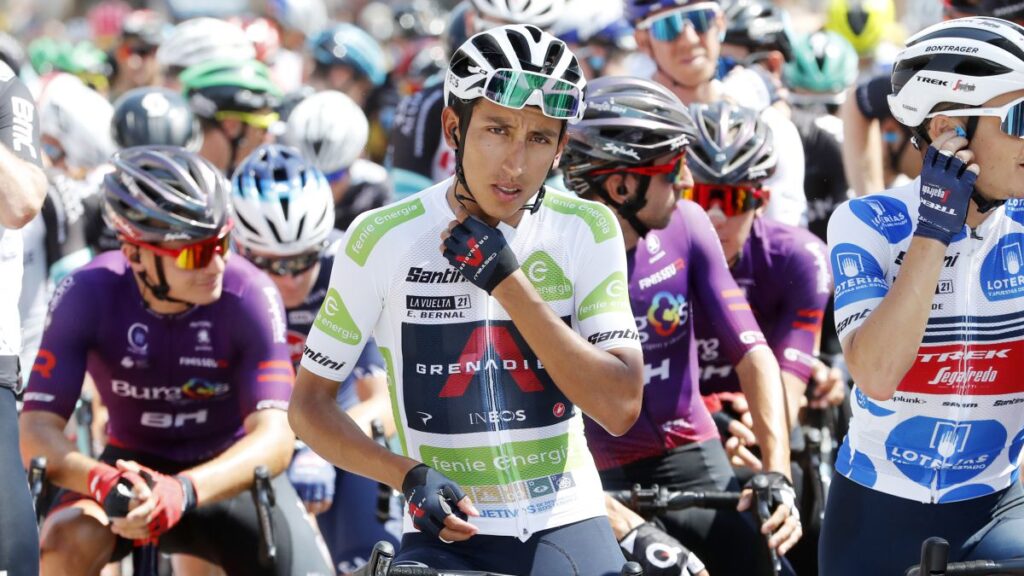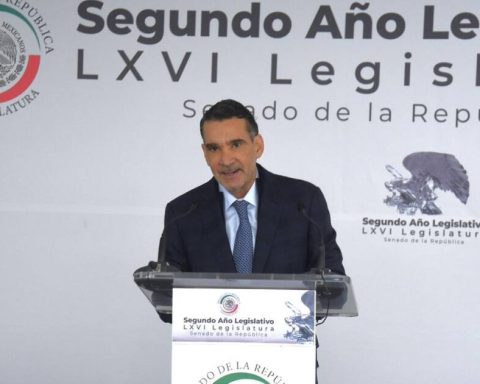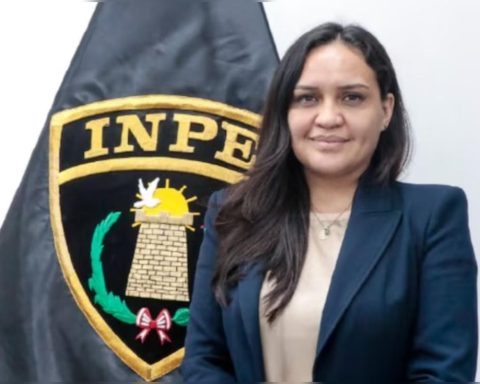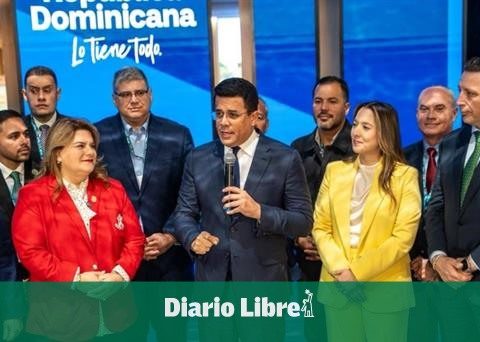The six-day journey began with a public assembly in the Citadel of Assisi, headquarters of the lay association Pro Civitate Chistiana, from where a pilgrimage of a hundred kilometers in four stages departed to Rome, along the path of Saint Francis the saint recognized by his humility, altruism and preaching of peace.
Upon arrival in the Italian capital, the group made up of Cubans residing in Italy and the United States, Italians and a Bolivian woman, was welcomed at one of the San Egidio Community headquarters and participated in a binational concluding assembly with simultaneous transmission between Havana and Rome.
The procession attended the demonstration in St. Peter’s Square the day before to receive the Urbi et Orbi blessing (to the city and the world) given by Pope Francis on the occasion of Christmas.
The Puentes de Amor project, the Association for Cultural and Economic Exchange with Cuba (Aicec), the Coordinator of Cuban Residents in Italy, AsiCuba Umbría, the San Egidio Community, the Sano, Justo y Solidario network and the Student Missionary League sponsored the event.
Speaking to Prensa Latina, the coordinator of Puentes de Amor, Carlos Lazo, stressed that the pilgrimage exceeded expectations because, among other things, it built a community of walkers.
That is, humanity, younger, older men and women, walking together through holy places where Saint Francis passed to try to fill us with that aura of mysticism and holiness with which to carry the voice of love and peace, and apply it specifically in favor of that noble people, the Cuban people, he indicated.
Looking to the future, Lazo pointed out that Puentes de Amor will go as far as it has to go to bring the call against the blockade and mobilize people of good will from all over the planet to make it a universal cry.
For his part, the president of Aicec, Michele Curto, underlined the importance of the link established by his organization with Puentes de Amor, a group in which he appreciates a profound ability to speak “to people whom we do not normally reach.”
In that sense, he advocated spreading the message, convincing and effectively disarming the attempt to perpetuate the fight and hatred.
Cuba is right and when it is right, it is necessary to find the most effective ways to convince because the violent person normally fights, who is not right, nor does he know how to defend his arguments, he said.
This path was the possibility of giving us time to get to know each other deeply, Curto said when he asserted that Professor Carlos Lazo “is a true, profound, authentic man” in whom he discovered more than he expected.
When referring to the symbolic significance of the march through the San Francisco route, the president of Aicec stressed that it is based on ideas and speaks to people’s consciences with a universal message that forces us to reflect.
jha / fgg
